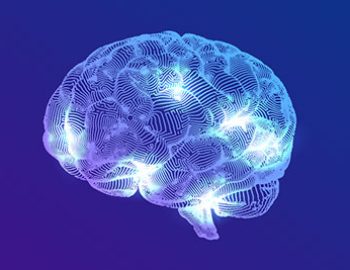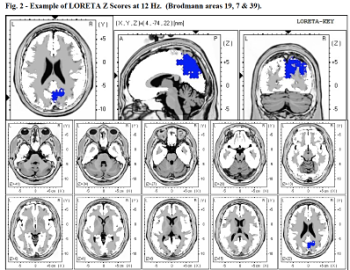Obsessive Compulsive Disorder

What are Obsessive Compulsive Disorder?
Obsessive-Compulsive Disorder (OCD) is a common chronic disorder where the individual experiences uncontrollable recurring thoughts and behaviors that they feel the urge to repeat over and over again. This disorder affects people of all ages in all walks of life, and for someone to be diagnosed, their cycle of obsessions and compulsions has to become so extreme that it gets in the way of proper functioning. An example of this is excessively double-checking things, such as locked doors, switches, emails, and so on.
Symptoms of OCD
Obsessions:
- Recurring thoughts, urges, images
- Attempts to suppress obsessions
- Heightened fears of contamination (dirt or germs)
- Fears of health problems or injury
- Unwanted aggressive thoughts or behaviors
- Controlling obsessions resulting in compulsions
- Symmetry and ordering
Compulsions:
- Repetitive behaviors, such as continually cleaning hands, rituals, checking, and rechecking tasks.
- Mental acts or rituals (praying, counting, reading words).
- Checking to make sure things are locked, turned off, closed, and so on.
- Correcting thoughts, such as repeating a word, name, or sentence in your head or verbally.
- Seeking reassurance.
Start your mental health journey!
Obsessive Compulsive Disorder
- Checking
- Contamination / Mental Contamination
- Symmetry and hoarding
- Ruminations / Intrusive thoughts
- Hoarding
Although there is considerable research on why a person may develop the disorder, science has not been able to determine a definitive cause of OCD. There are, however, factors that lead to the potential, including neurobiological, genetic, environmental factors, as well as learned behaviors or even a specific event.
Children with an anxious or fearful temperament tend to have an overactive sympathetic nervous system, which may open them to a greater risk for developing OCD.
Further, research indicates that OCD may be genetic as it tends to run in the family. And lastly, environmental stressors, such as physical assault (at a young age), may be responsible for one to develop it.
How we can help?
To ease your anxiety symptoms, we integrate both psychotherapy and Neurotherapy healing approaches. Beginning with our therapeutic assessment to help signal the direction of a diagnosis, you’ll receive your personal protocol for treatment. Also, our qEEG brain mapping system allows us to identify and understand the nature of your anxiety, whether it’s a general uneasiness or worry like GAD, or if your brain is presenting conditions of PTSD, for example.

TMS
is a non-invasive, painless treatment that directs recurring magnetic energy pulses at specific regions of the brain.

Neurofeedback
Discover how neurofeedback training can improve your cognitive function and optimize your brain.




